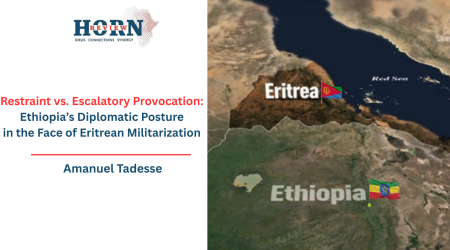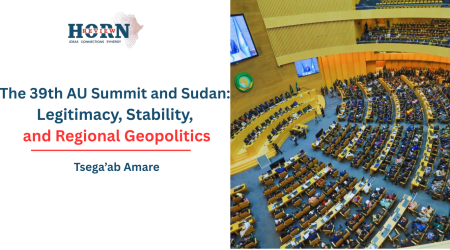
25
Mar
Ethiopian Airlines: A Strategic Diplomatic Asset and a Symbol of Black Excellence in Aviation
Ethiopian Airlines has established itself as one of the most prominent and competitive flag carriers in the global aviation industry. As Africa’s largest airline, it operates a vast network that connects multiple continents, supported by a modern and technologically advanced fleet. Its consistent recognition through international awards for service quality, operational efficiency, and safety underscores its position as a leading aviation entity. The airline’s sustained growth and strategic expansion have reinforced its influence in both African and global air transport sectors.
Since its founding on April 8, 1946, Ethiopian Airlines has undergone significant transformation. From its initial fleet of five C-47 aircraft operating flights to Cairo via Asmara, it has expanded to serve 142 international passenger and cargo destinations, with 70 intra-African connections. Its hub in Addis Ababa has become a critical transit point, facilitating efficient connections with minimal layovers. Through sustained investment in fleet modernization, digital transformation, and infrastructure development, the airline has strengthened its competitiveness in the international aviation landscape.
Beyond its commercial success, Ethiopian Airlines plays a strategic role in Ethiopia’s diplomatic engagements. As a national carrier, it serves as an instrument of foreign policy, supporting Ethiopia’s bilateral and multilateral relations through its extensive connectivity. By enabling direct travel between Ethiopia and key global partners, the airline facilitates diplomatic exchanges, trade negotiations, and international cooperation. Furthermore, its role as the primary carrier for organizations such as the African Union and the United Nations reinforces Ethiopia’s status as a center for multilateral diplomacy and governance.
The airline also contributes significantly to Ethiopia’s economic stability. As a major source of foreign exchange revenue, employment, and infrastructure investment, Ethiopian Airlines plays a central role in the country’s broader economic development strategy. Its extensive cargo operations facilitate international trade, integrating Ethiopian goods into global supply chains. Additionally, by forging strategic partnerships and acquiring stakes in other African airlines, such as Air Congo and Nigeria Air, Ethiopian Airlines contributes to the broader goal of African economic integration and regional connectivity.
Ethiopian Airlines is widely regarded as an exemplar of African excellence in the aviation industry. As one of the few Black-owned and Black-led airlines operating at a global level, it has demonstrated Africa’s capacity to sustain world-class aviation enterprises. The Ethiopian Aviation Academy, one of the continent’s most respected aviation training institutions, has played a crucial role in developing a skilled workforce, not only for Ethiopia but for the broader African aviation sector. The airline has also made notable strides in promoting gender diversity, being the first African carrier to operate an all-female flight crew, reflecting broader commitments to inclusion and workforce development.
Looking ahead, Ethiopian Airlines continues to pursue strategic expansion through the acquisition of next-generation aircraft from Boeing and Airbus, investments in digitalization, and the enhancement of operational efficiencies. Its long-term infrastructure projects, including airport expansions and new maintenance facilities, are designed to accommodate increasing passenger and cargo demand, ensuring sustained growth in a highly competitive industry.
Ethiopian Airlines functions as more than an aviation enterprise; it is an economic asset, a diplomatic facilitator, and a key driver of Africa’s aviation sector. Its success highlights the potential of African carriers to compete on a global scale while fostering regional economic cooperation and connectivity. As it continues to expand and innovate, Ethiopian Airlines remains an integral component of Ethiopia’s national strategy and a significant contributor to Africa’s broader aspirations for enhanced global presence and economic self-sufficiency.










